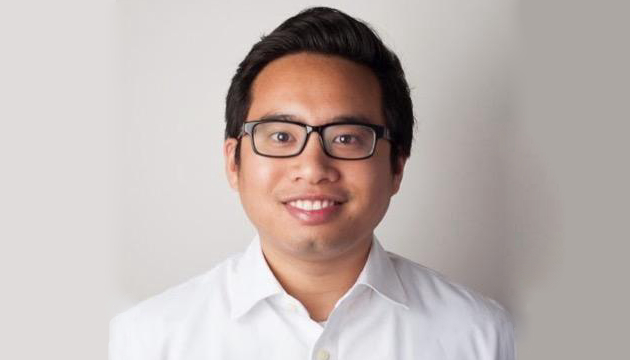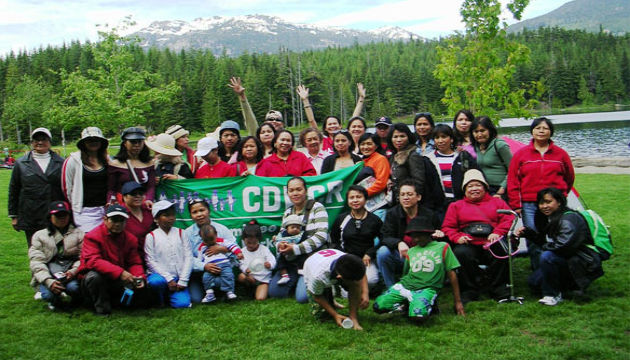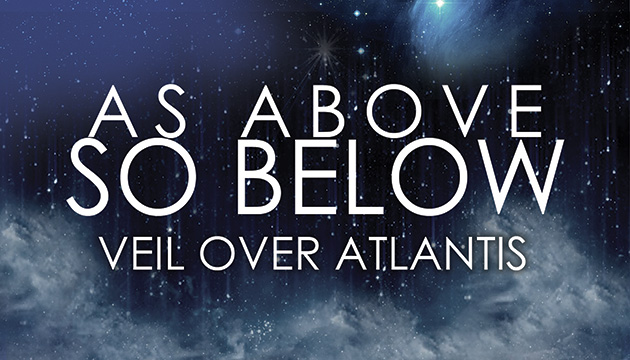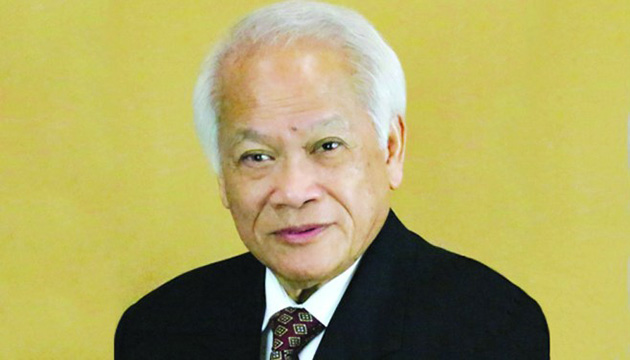I came across an article on your website by Linda Torio.
It was published on September 16, 2017 and entitled “Adult Education Program Now Tuition-Free for Graduated Adults”Adult Education Program Now Tuition-Free for Graduated Adults”. This is not the only article posted on your website about the education system in British Columbia. On February 16, 2017, you posted a commentary piece by Kevyn Malong entitled “School Overcrowding Limits Learning”.
I appreciate Filipino-Canadian (or Canadian-Filipino) community journalism tackling the issue of education policy in British Columbia. It is a refreshing break from what one usually finds in Filipino-Canadian community media.
With that said, one element that is missing from these two pieces is the larger socio-political context which resulted in these issues being newsworthy for the Filipino-Canadian community. Cuts to Adult Basic Education (ABE) funding and removal of caps on public school class size and composition were centre pieces of what I view as mistaken public policy of the recently ousted Liberal Government.
By way of brief background, ABE and its companion English Language Learning (ELL) programs were fully funded until approximately May 1, 2015 when the Liberal government decided to permit post-secondary institutions and school district to start charging for ABE and ELL courses. That decision saw a 35 percent drop in enrollment. These cuts to ABE and ELL disproportionately impacted immigrant communities, including members of the Filipino-Canadian community, who relied on these programs as stepping stones to further their education and vocational training.
The history of class size and composition in our public schools in the province took a major turn for the worse in 2002. The newly elected Liberal Government at the time, led by then Minister of Education, Christy Clark, passed legislation stripping public sector teacher collective agreements of class size and composition limits. This had the effect of increasing class sizes and forcing teachers and students to cope with less support for students with complex learning needs. The problems identified in Mr. Malong’s piece speak to the effects of these cuts on a student from our community. Of course, he is not alone. All students in this province suffered from a decade and half of educational underfunding.
Fortunately, these damaging policy decisions of the Liberal Government have been reversed. By happenstance, I had a front row seat to the immense efforts undertaken to achieve this reversal.
As a former employee of the Federation of Post-Secondary Educators (FPSE), I witnessed the efforts unionized post-secondary instructors to create the social and political climate necessary for the newly elected New Democrat government to restore funding to ABE and ELL across this province. They achieved this goal through tireless lobbying of politicians, but more importantly, through a protracted public campaign called “Open the Doors”. The Open the Doors campaign reached thousands of stakeholders in the education system and convinced them to take an active role in restoring funding to ABE and ELL in this province.
The fight to restore class and composition limits was fought in a courtroom over the course of nearly 15 years. The B.C. Teachers’ Federation (BCTF), another public sector union, invested an incredible amount of resources (including several thousands of dollars) to fight the Liberal Government’s decision in 2002. I was fortunate to have had the opportunity as a young lawyer to work for the law firm that assisted the BCTF in its fight. That fight culminated in the Supreme Court of Canada’s landmark decision in 2016 (British Columbia Teachers' Federation v. British Columbia, 2016 SCC 49). The highest court in the land declared the Liberal Government’s actions to be an unconstitutional violation of the Charter of Rights and Freedoms and forced the Government to restore class size and composition levels.
To bring this back to Ms. Torio and Mr. Malong’s articles, I think it is important to highlight the experiences of our community with key public services like the education system. However, it is even more important to understand why our experiences are what they are. It is an understanding of the “why” which opens up the possibility for our community to play a role in shaping our experiences, whether that is at the ballot box or through participation in civil society organizations like unions or parent advisory committees.













